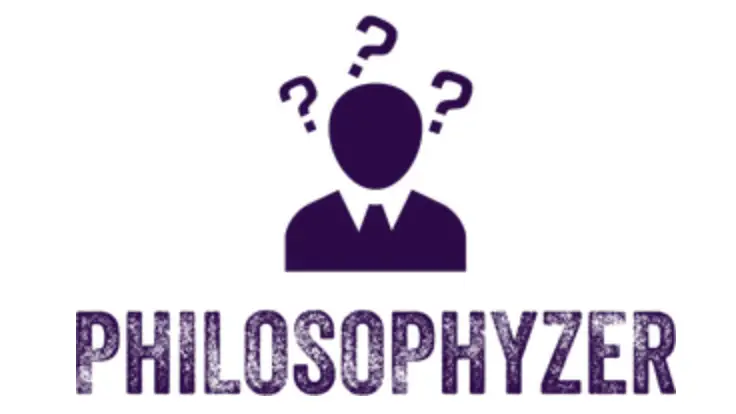Ever wondered what lead Carl Gustav Jung to his views on religion? Ever wanted to know more about Jung’s working relationship with Sigmund Freud? I know I have!
The purpose of this blog is to attempt to answer some of these questions on the background or history of Jung’s views, rather than to explain Jung’s views on religion itself. For more on Jungian theory, look out for my next blog – A Summary of Jung’s views on Religion.
A Summary of Carl Gustav Jung’s Life in a Nutshell
Carl Gustav Jung was born in the village of Kiswell, Switzerland. He was the son of a Protestant minister.
Jung obtained a medical degree from the University of Basel in 1902. He studied psychiatry because he believed it would allow him to combine both of his scientific and humanistic interests. He joined the staff of the Burgholzli, the psychiatric clinic at the University of Zürich, where he worked with Eugen Bleuler, the director.
He married Emma Rauschenbach in 1903 and moved to a small village near Zürich where he remained the rest of his life.
Carl Gustav Jung and his Psychology Compared to Freud’s
Jungian psychology presents a much more positive view on religion than Freud, who seems to explain away religion as a neurosis. However, Jung’s upbringing, particularly his relationship with his father had an impact on the way that he viewed religion.
At one point, Jung did have a working relationship with Freud, which will be touched on later in this blog.
A Background to Jung on Religion – How were his main views Formed?
Jung wrote a great deal about religion and his Collected Works amount to 20 volumes. There are many references to religion throughout Jung’s writings. He spoke most directly and personally about the subject of religion in his autobiographical memoir ‘Memories, Dreams, Reflections’. This was not published until after his death.
In ‘Memories, Dreams, Reflections‘, Young explained his own personal psychological history end religious values. He tells us of what he calls his personal myth or, inner experiences.
“In the end the only events in my life worth telling up those when the imperishable world erupted into this transitory one… Recollection of the open event of my life has largely provided or disappeared. But my encounters with the other reality, my boats with the unconscious, are indelibly engraved upon my memory. In that realm there has always been well in abundance, end everything else has lost importance by comparison.”
In contemporary speech, the word ‘myth’ usually means untrue. However, to Jung, the term ‘myth’ has a much deeper meaning, which is to travel a long way towards understanding his life and thought. The meaning of the whole cannot be stated in factual language.
An individual’s dreams are perhaps the greatest clue to what we could call the sense of life. Jung described the dream as a theatre in which the dreamer’s himself of the scene, the player, the prompter, the producer, the author, the public and the critic. If the dream is a individual’s personal myth, then ‘myth’ as a concept is the collective dream of a society.
Jung’s Early Childhood Influences
Carl Gustav Jung was highly influenced by two incidents in his early childhood which had a profound impact on his view of religion. One was a dream he had at the age of around three or four. The other incident was an ‘illumination’ about eight years later.
Central to Jung’s views on religion was his ambivalent relationship with his father. Church attendance was a torment for the ‘young Jung’, and his own father was the Minister.
Jung’s Ambivalent Relationship with his Father
As his father preached about the good God, Jung frequently asked himself if he knew what he was talking about regarding the trinity. The issue came to a head when your father was teaching him in preparation for his confirmation. Young was eager to learn about the Trinity, yet his father skipped the matter completely saying that he could not understand it himself.
There was a deep-seated insecurity for young during these years. He almost identifies deep within himself two different persons – the son of his parents and the grown-up old sceptic.
Jung’s father eventually suffered what can only really be described as some kind of religious collapse. Jung would argue that this collapse was down to the fact that his father lacked the inward experience of true religion.
The drive to hold of the path of ‘individuation’ is central to Jung’s understanding of human existence – coming to terms with the ‘shadow’ is a stage on that path.
Carl Gustav Jung and his relationship with Sigmund Freud 1906-1913
In the years that followed, young Road and travelled copiously.
Carl Gustav Jung had a working relationship with Sigmund Freud between 1906 and 1913 when they split over the question of sexuality and the place of religion. Jung isolated himself in the five years that followed-a time of intense psychological distress for him.
At the end of this five year period, he was then able to write to important books on the major themes of his analytical psychology- ‘Two essays on analytical Psychology‘ and ‘Psychological Types.‘
Look out for my Summary of Carl Gustav Jung on Religion
These factors and events all contributed to the development of Jungian theory on religion, which places a religious instinct as a manifestation deep in the collective unconscious. In my next blog, I will be summarising Carl Gustav Jung on Religion, so look out for it next week.

5 thoughts on “The Young Jung – A Background to Carl Gustav Jung”